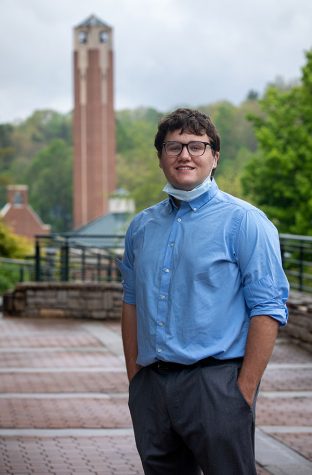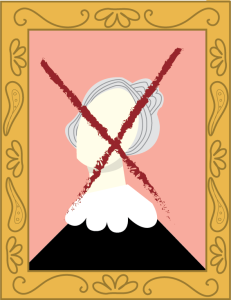Three cases of mumps confirmed in off campus students
March 5, 2020
App State and Appalachian District Health Department have confirmed three cases of mumps in App State students who live off campus, the university announced in an email to students, faculty and staff.
The university, AppHealthCare and the North Carolina Division of Public Health are working together to investigate the cases and prevent the spread of mumps.
““We have been working with local health department staff to interview ill students about their activities during their periods of contagion and identify anyone they have come in close contact with,” said student health service medical director Taylor Rushing. “We have been reviewing immunization records with students who may have been exposed, offering immunizations if necessary, and ensuring they are aware of the signs and symptoms of mumps.”
According to the Centers for Disease Control and Prevention, mumps is a contagious disease caused by a virus. Someone infected with mumps can spread it by:
- Coughing, sneezing or talking
- Sharing items that may have saliva on them, such as water bottles or cups
- Participating in close-contact activities with others, such as playing sports, dancing or kissing
- Touching objects or surfaces with unwashed hands that are then touched by others
An infected person can spread mumps a few days before their salivary glands begin to swell, one of the main symptoms.
According to the CDC, mumps is known for causing puffy cheeks and a tender, swollen jaw which is the result of swollen salivary glands under the ears on one or both sides.
Other symptoms include:
- Fever
- Headache
- Muscle aches
- Tiredness
- Loss of appetite
Individuals with mumps usually first feel sick with nonspecific symptoms like headache, loss of appetite, and low-grade fever.
Symptoms typically appear about 16-18 days after initial infection but can range from 12-25 days. Most people with mumps recover in about two weeks and severe complications from the disease are rare.
Vaccination is the best way to to prevent mumps, but people with the vaccine can still get mumps. Those who are not vaccinated are more likely to get mumps over people who have been vaccinated.
Two doses of MMR vaccine are approximately 88% effective at preventing the disease. One dose of the vaccine is approximately 78% effective. The MMR vaccine is safe and effective.
If students are unsure of their current immunization records, they check with their primary care provider to ensure they have the recommended vaccinations. Immunizations are available through primary care providers and AppHealthCare, Alleghany: (336) 372-5641, Ashe: (336) 246-9449 or Watauga: (828) 264-4995.
Appalachian State University students can access their immunization records at medportal.appstate.edu in three steps:
- Sign in using your university username and password.
- Select the “immunization” tab.
- Select “immunization history.”
You can find more information about mumps with these resources:










